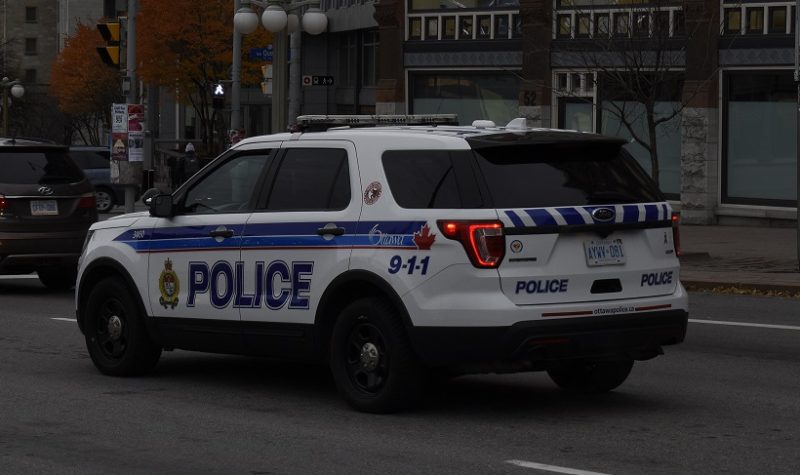An independent review of the handling of the month-long occupation of downtown Ottawa by thousands of protesters from across the country will soon be underway, city staff say.
On Wednesday, City Council met to discuss the state of the city after a weekend of intensified police operations to remove protesters from the downtown core. Councillors discussed ways to conduct a review of how the occupation of downtown Ottawa was handled by police and the city following an inquiry from Coun. Catherine McKenney earlier this month. Councillors urged city manager Steve Kanellakos to confirm a date for the review to begin.
Kanellakos says the review will be started once the city procures a third party to participate.
“The review is going to start very soon, as soon as we retain a third party,” says Kanellakos. “And we can start looking at everything that's happened in the past and continue to improve… what we're doing in the future.”
Council approved an independent evaluation of the handling of the occupation during their meeting on Feb. 7. However, city council doesn’t have the authority to direct the Ottawa Police or the Ottawa Police Services Board (OPSB) to participate.
Options on the table to initiate an independent review include asking the OPSB or Solicitor General to appeal to the Ontario Civilian Police Commission or the Ontario Police Services Board to investigate. The OPSB may also conduct its own review.
Kanellakos says he has consulted with interim police chief Steve Bell, who he says is fully supportive of an independent review.
Residents and city councillors began calling for a review of the actions taken by police when the response to the convoy’s arrival at the end of January failed to yield positive results weeks later. Following intense criticism for his handling of the situation, Ottawa Police chief Peter Sloly resigned last week.
On Wednesday, Coun. Riley Brockington recalled receiving numerous emails over the course of the occupation from constituents who felt the police had not done their job.
“We certainly heard from many emails and communiques from across the city, but in particular from people in the impacted wards, and the feeling of abandonment that they had from the police during the occupation,” says Brockington. “There absolutely must be proactive outreach done by the Ottawa Police Service in these communities to restore that trust and confidence with the police.”
Prior to the events of the occupation, public trust in police was evidently eroding due to accusations of mistreatment of BIPOC and other marginalized residents. The OPS released the results of a survey of over 4,400 residents in October, which indicated that public trust in the OPS had declined since 2018, especially among Black and Indigenous residents.
The OPS’ 2022 budget increase was a source of controversy for many Ottawa residents who called to defund the police, leading some to accuse Sloly of deliberately mishandling the crisis in order to justify a larger increase next year.
Kanellakos says the investigation into the OPS will be conducted at “arms-length” and will include a third party who has yet to be selected. He says allowing members of the public to participate may be challenging, as the city has been given a May deadline to present a report on the investigation.
“That doesn't give us a lot of time,” says Kanellakos. “We haven't sorted that out yet. We're still in the very early stages of talking about what that looks like and how we would do it.”
According to Kanellakos, the cost of an independent review is still being accrued as police operations are still underway. But it could be close to 30-million dollars, on top of the estimated 800-thousand dollar daily cost of the nearly month-long occupation.
Under the Police Services Act, it’s the responsibility of an individual municipality to fund inquiries into municipal affairs.
Council says they will continue to appeal to federal and provincial governments for funding to address the costs of hosting the occupation, but Kanellakos says neither have confirmed whether they will lend financial assistance.
Council also passed a number of measures to address fallout from the occupation, including giving affected business improvement areas each fifty-thousand dollars to help rehabilitate businesses with significant revenue losses over the past month.


